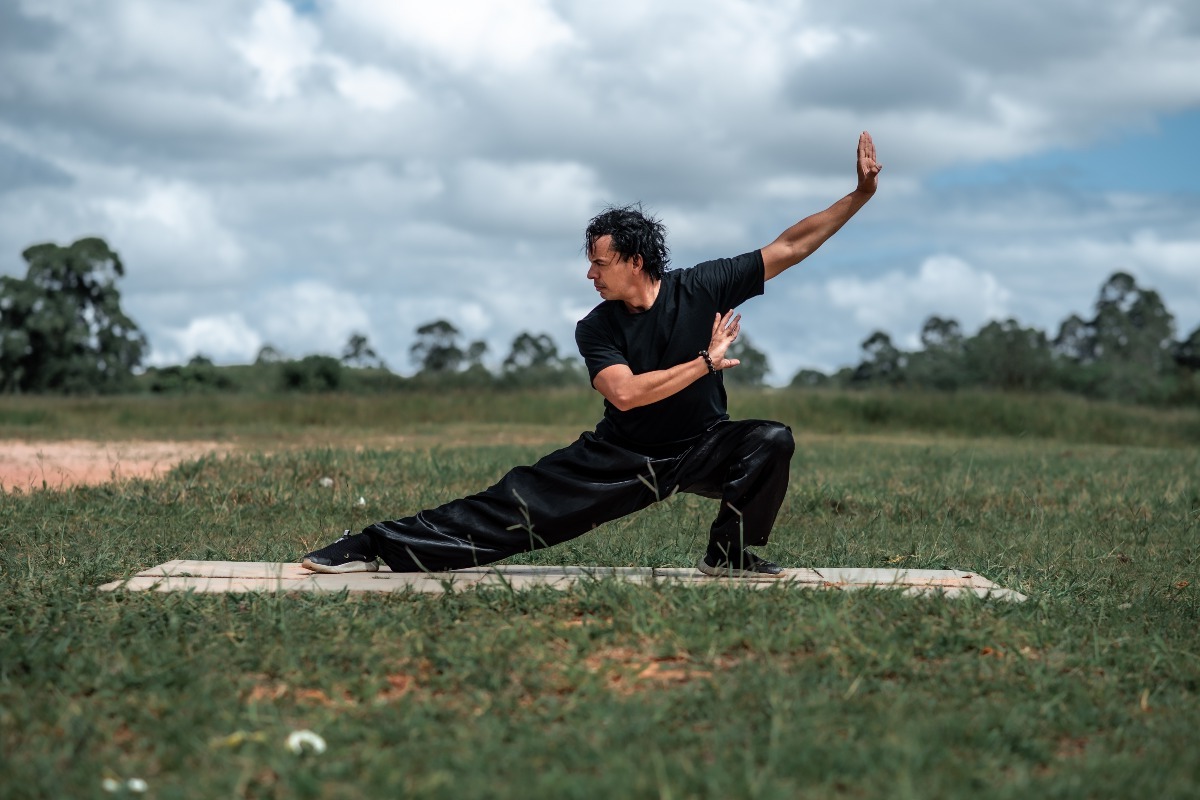
Mind-body interventions are practices that connect mental and physical health to improve overall well-being. These techniques include yoga, meditation, tai chi, and biofeedback. Mind-body practices have been around for centuries, rooted in ancient traditions and modern science. They aim to reduce stress, enhance relaxation, and promote healing. Many people turn to these methods to manage chronic pain, anxiety, and other health issues. Scientific studies have shown that mind-body interventions can positively impact the immune system, cardiovascular health, and mental clarity. Whether you're a beginner or a seasoned practitioner, understanding the benefits and applications of these techniques can help you lead a healthier, more balanced life.
Key Takeaways:
- Mind-body interventions, like yoga and meditation, can reduce stress, improve sleep, and enhance emotional health, offering a holistic approach to well-being.
- Research supports the benefits of mind-body practices, showing improvements in brain function, stress levels, and immune function, making them a valuable addition to a healthy lifestyle.
Understanding Mind-Body Interventions
Mind-body interventions are practices that focus on the interactions between the brain, mind, body, and behavior. These techniques aim to use the mind to influence physical functions and promote overall well-being. Here are some fascinating facts about these interventions.
-
Yoga is one of the most popular mind-body practices, combining physical postures, breathing exercises, and meditation to enhance mental and physical health.
-
Meditation has been practiced for thousands of years and can reduce stress, anxiety, and depression while improving focus and emotional health.
-
Tai Chi, a form of martial arts, is often referred to as "meditation in motion" and can improve balance, flexibility, and mental clarity.
-
Biofeedback uses electronic devices to help individuals gain control over physiological functions such as heart rate and muscle tension.
-
Hypnosis can alter perceptions and behaviors, helping with pain management, anxiety, and even smoking cessation.
-
Guided Imagery involves visualizing positive images to promote relaxation and healing.
Benefits of Mind-Body Interventions
These practices offer a range of benefits that can significantly improve quality of life. Let's explore some of these advantages.
-
Stress Reduction is a major benefit, as these techniques help calm the mind and reduce the body's stress response.
-
Improved Sleep can result from regular practice, as relaxation techniques help quiet the mind and prepare the body for rest.
-
Pain Management is another key benefit, with practices like meditation and hypnosis helping to reduce chronic pain.
-
Enhanced Immune Function has been linked to mind-body practices, potentially leading to fewer illnesses.
-
Better Emotional Health is often reported, with individuals experiencing less anxiety and depression.
-
Increased Self-Awareness allows individuals to better understand their thoughts, emotions, and behaviors.
Scientific Evidence Supporting Mind-Body Interventions
Research has shown that these practices are not just beneficial but also backed by science. Here are some key findings.
-
MRI Scans have shown that meditation can increase gray matter in the brain, which is associated with memory and emotional regulation.
-
Cortisol Levels can be reduced through practices like yoga and meditation, leading to lower stress levels.
-
Heart Rate Variability improves with biofeedback, indicating better autonomic nervous system function.
-
Pain Perception can be altered through hypnosis, with studies showing significant reductions in pain intensity.
-
Inflammatory Markers decrease with regular meditation, suggesting a reduction in chronic inflammation.
-
Neuroplasticity is enhanced by mind-body practices, meaning the brain can adapt and change more effectively.
Popular Mind-Body Practices Around the World
Different cultures have developed unique mind-body practices. Here are some popular ones from various parts of the globe.
-
Qigong is a Chinese practice that combines movement, breathing, and meditation to cultivate energy and improve health.
-
Ayurveda from India incorporates yoga, meditation, and dietary practices to balance the body and mind.
-
Reiki, a Japanese technique, involves the transfer of energy through the hands to promote healing.
-
Mindfulness-Based Stress Reduction (MBSR), developed in the United States, combines mindfulness meditation and yoga to reduce stress.
-
Sufi Whirling is a form of active meditation practiced by Sufis, involving spinning to achieve a state of spiritual ecstasy.
-
Feldenkrais Method from Israel uses gentle movement and awareness to improve physical function and reduce pain.
How to Get Started with Mind-Body Interventions
Starting with these practices can be simple and rewarding. Here are some tips to help you begin.
-
Start Small by incorporating short meditation sessions into your daily routine.
-
Find a Class or instructor to guide you through practices like yoga or Tai Chi.
-
Use Apps that offer guided meditations and mindfulness exercises.
-
Set Realistic Goals to avoid feeling overwhelmed and to stay motivated.
-
Create a Routine to make these practices a regular part of your life.
-
Be Patient with yourself, as it can take time to see the benefits of mind-body interventions.
Final Thoughts on Mind-Body Interventions
Mind-body interventions offer a fascinating blend of ancient wisdom and modern science. These practices, like meditation, yoga, and tai chi, can significantly improve mental health, physical well-being, and overall quality of life. They help reduce stress, enhance emotional balance, and even boost immune function.
Incorporating these techniques into daily routines doesn't require drastic changes. Simple steps like deep breathing exercises or a few minutes of mindfulness can make a big difference. The benefits are well-documented, and the positive impact on both mind and body is undeniable.
So, whether you're looking to manage stress, improve focus, or just feel better overall, mind-body interventions are worth exploring. Give them a try and see how they can transform your life.
Frequently Asked Questions
Was this page helpful?
Our commitment to delivering trustworthy and engaging content is at the heart of what we do. Each fact on our site is contributed by real users like you, bringing a wealth of diverse insights and information. To ensure the highest standards of accuracy and reliability, our dedicated editors meticulously review each submission. This process guarantees that the facts we share are not only fascinating but also credible. Trust in our commitment to quality and authenticity as you explore and learn with us.


